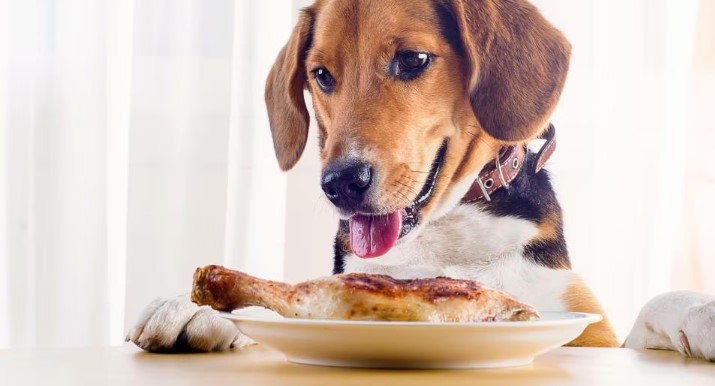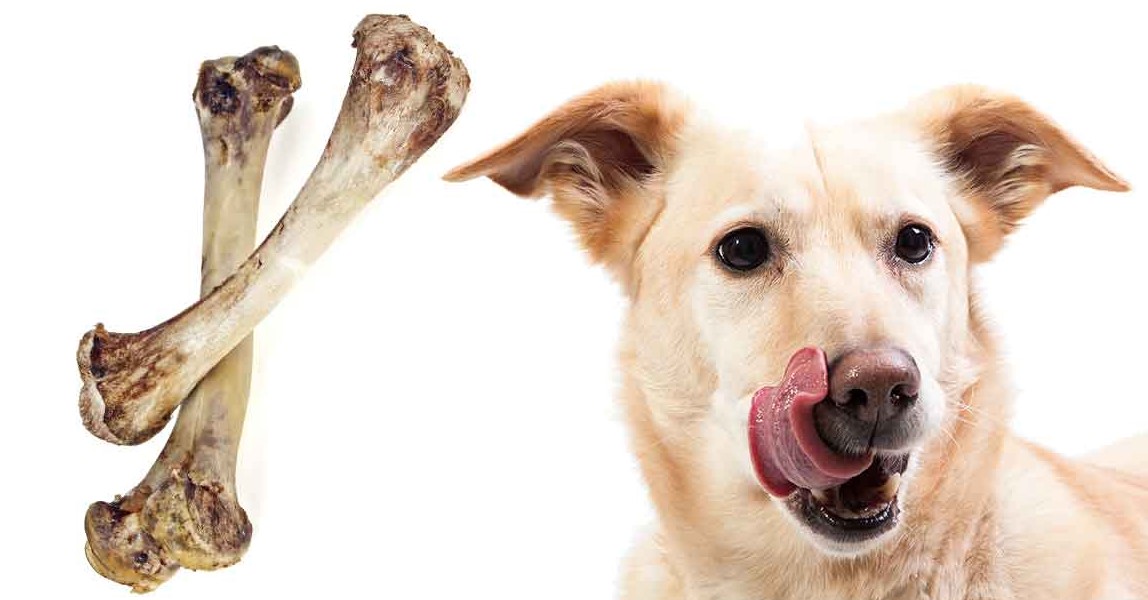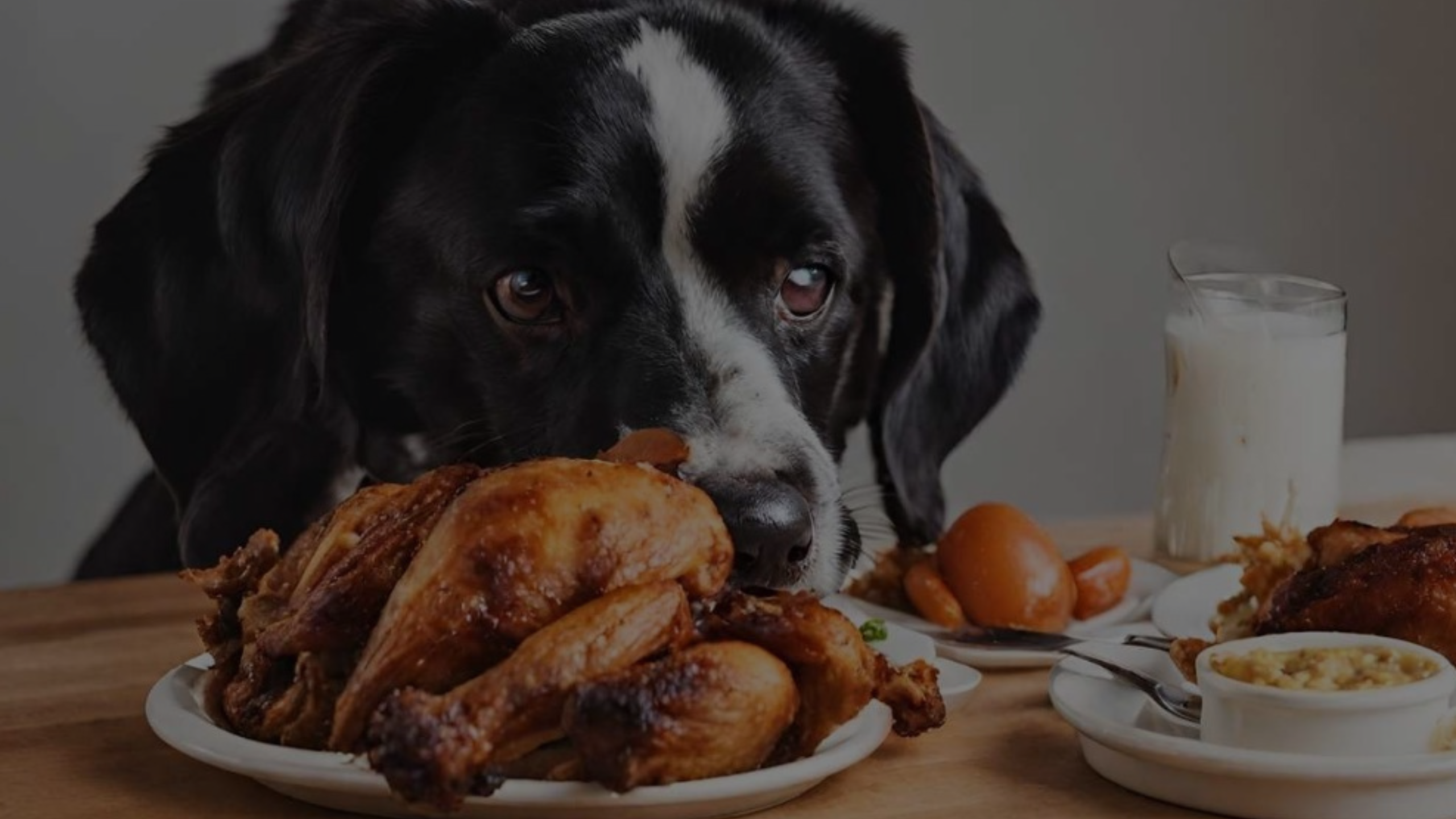When it comes to our furry friends, we often want to treat them with something special. One question that many dog owners ponder is, “Can I give my dog rotisserie chicken?” The short answer is yes, but there are some important things you need to know before sharing this delicious treat with your canine companion.

The Basics of Dogs and Rotisserie Chicken
Dogs are known for their love of food, and chicken is no exception. The aroma and taste of rotisserie chicken can be very tempting for your dog. However, there are some vital considerations to keep in mind.
Moderation is Key
While it’s generally safe to give your dog small amounts of rotisserie chicken, it should be an occasional treat and not a regular part of their diet. Dogs have specific dietary needs, and too much chicken can upset their stomachs or lead to obesity.
Plain and Unseasoned
If you decide to share rotisserie chicken with your dog, make sure it’s plain and unseasoned. Dogs cannot tolerate many spices and herbs commonly used in human cooking, so avoid giving them chicken with salt, garlic, onion or other spices.
Remove Bones and Skin
Before serving your dog a piece of rotisserie chicken, make sure you remove all bones and skin. Chicken bones can splinter and cause severe internal injuries, while the skin can be too fatty for your dog’s digestive system.

No Gravy or Sauces
Gravy and sauces often accompany rotisserie chicken, but these should not be shared with your dog. They can contain ingredients that are harmful to dogs, such as garlic or onions.
Risks of Feeding Your Dog Rotisserie Chicken
While dogs can enjoy the occasional piece of rotisserie chicken, there are some risks associated with this indulgence.

Pancreatitis
Fatty foods like rotisserie chicken can trigger pancreatitis in dogs, a painful and potentially life-threatening condition. To prevent this, keep the amount of chicken you share with your dog very small and infrequent.
Salmonella and Other Bacteria
Raw chicken and undercooked chicken carry the risk of salmonella and other harmful bacteria. While rotisserie chicken is typically cooked, there’s still a slight risk of contamination. Always make sure the chicken is thoroughly cooked and served at a safe temperature.
Allergies
Just like humans, dogs can have food allergies. If you notice any signs of allergic reactions in your dog, such as itching, gastrointestinal distress, or changes in behavior, consult your veterinarian.
Signs Your Dog Shouldn’t Eat Rotisserie Chicken
Not all dogs react the same way to human food. Some may tolerate rotisserie chicken well, while others may experience adverse effects. Look out for these signs that your dog shouldn’t have any more chicken:

- Vomiting
- Diarrhea
- Lethargy
- Upset stomach
- Behavioral changes
If you notice any of these symptoms, it’s best to stop giving your dog rotisserie chicken and consult your vet.
Alternatives to Rotisserie Chicken
If you want to treat your dog without risking their health, there are safer alternatives to rotisserie chicken.
Dog Treats
Specialized dog treats are designed to be safe and healthy for your pet. They come in various flavors and shapes, catering to your dog’s preferences.
Cooked and Unseasoned Chicken
If you’d like to share chicken with your dog, prepare plain, unseasoned chicken at home. This way, you have full control over the ingredients and cooking process.

Pet-Friendly Fruits and Vegetables
Some fruits and vegetables are safe and enjoyable for dogs, such as apple slices, carrots, or blueberries. These make for excellent, healthy treats.
Conclusion
Finally, while it is possible to give rotisserie chicken to your dog, it should be done with caution and moderation. Always prioritize your dog’s safety and health when choosing a treatment. Remember to consult your veterinarian if you have any doubts about what is appropriate for your furry friend.
Resources & References
For more information on dog nutrition and safety, consider these reputable sources:
Recommended Articles
Recommended Video
To learn more about whether dogs can eat rotisserie chicken and the dos and don’ts, check out this informative video: Can Dogs Eat Rotisserie Chicken – An Expert’s Guide for Dog Owners
FAQs – Can I Give My Dog Rotisserie Chicken
Can dogs eat garlic rotisserie chicken?
No, dogs should not eat garlic rotisserie chicken because garlic is toxic to dogs.
Is rotisserie chicken safe?
Yes, rotisserie chicken is safe for dogs to eat, but only if you remove the skin and bones. Cooked chicken bones can splinter and cause choking or internal injuries.
Can I feed my cat Costco rotisserie chicken?
No, you should not feed your cat Costco rotisserie chicken because cats are obligate carnivores and need a diet that is high in protein and low in carbohydrates. Rotisserie chicken is too high in carbohydrates for cats.
Will a small amount of garlic hurt my dog?
Yes, even a small amount of garlic can hurt your dog. Garlic is toxic to dogs and can cause vomiting, diarrhea, anemia, and even death.
Will my dog be OK if he eats garlic?
It depends on how much garlic your dog ate. If he only ate a small amount, he may be fine. However, if he ate a large amount of garlic, you should take him to the vet to be checked out.
How do you deworm a dog with garlic?
You should not deworm a dog with garlic. Garlic is toxic to dogs and can cause serious health problems.
Can dogs eat chicken cooked with onion and garlic?
No, dogs should not eat chicken cooked with onion and garlic because onions and garlic are toxic to dogs. Onions and garlic can cause vomiting, diarrhea, anemia, and even death in dogs.







